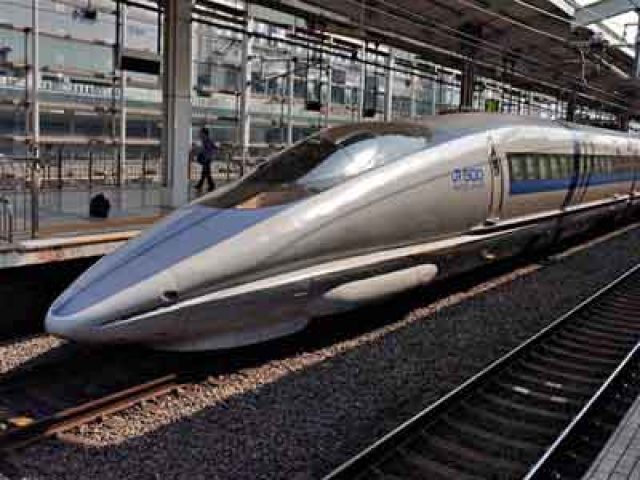
Nigeria’s transport sector is set for a revolution as the Lagos-Abuja High-Speed Bullet Train gains momentum, reducing travel time between both cities from 12 hours to just 2–3 hours.
The Director of Operations at Geofocus Consortium, Engineer Yinka Idris, in a statement made available to journalists on Tuesday, described the project as a milestone in Nigeria’s development.
Idris lauded President Bola Tinubu’s administration for prioritising infrastructure and fostering Public-Private Partnerships (PPP) to drive economic growth.
According to him, the bullet train will provide a faster, safer, and more efficient alternative to road travel.
Idris said that the initiative aligned with Tinubu’s vision of leveraging private sector expertise to deliver world-class infrastructure without overburdening public finances.
“Currently, travelers between Lagos and Abuja face long hours in traffic, safety concerns, and reduced productivity,” he said.
He said that the project would significantly ease movement, enhance trade, and improve the overall business environment.
“As part of the development, ten smart cities with 10,000 housing units each will be built along the rail corridor.
“An independent power plant will also be constructed to support the train and surrounding infrastructure,” he said.
Idris said that the Lagos-Abuja bullet train is expected to create thousands of jobs during construction and after completion.
He said that the initiative aligned with Tinubu’s commitment to reducing unemployment and fostering economic prosperity through major infrastructure projects.
“With feasibility studies completed and proof of funds secured, the project now awaits approvals from the Infrastructure Concession Regulatory Commission (ICRC) and the Federal Executive Council (FEC) before construction begins,” he said.
Idris said that the construction phase is expected to last between 48 and 52 months.
He said its completion would promote the project as Nigeria’s largest-ever PPP-driven initiative and a benchmark for transport infrastructure across Africa.
Beyond transportation, Idris said the bullet train would reduce road congestion, lower carbon emissions, and extend the lifespan of highways.
He said that such would represent a major step toward sustainable and environmentally friendly infrastructure development.
“As Nigeria moves closer to realizing this dream, citizens can anticipate a future of seamless travel, improved quality of life, and enhanced economic opportunities under President Tinubu’s leadership,” he added.






